Please join us on Saturday February 8 at Anteism Project Space for the opening of Alexi Kukuljevic’s exhibition
I’d rather invite the ravens
You are mighty proud about your language; but it seems to me that you don’t deserve to have words, if you can’t make a better use of ‘em… I don’t wonder at the Parrot picking words up and occupying herself with them. She has nothing else to do. There are no destitute parrots, no uneducated parrots, no foreign parrots in a contagious state of distraction, no parrots in danger of pestilence, no festering heaps of miserable parrots, no parrots crying to be sent away beyond the sea for dear life. But among you! –
Well! I repeat, I am not going to stand it. Tame submission to injustice is unworthy of a Raven. I croak the croak of revolt, and call upon the Happy Family to rally round me. You men have had it your own way for a long time. Now, you shall hear a sentiment or two about yourselves.
- Charles Dickens, `From the Raven in the Happy Family,' 1850
The title of this exhibition is a fragment unnested from Baudelaire’s The Happy Corpse. Plucked from its context, the sentence might indeed sound like a twit in the teeth. But ravens do not twit nor do they caw. That is for the crows. Robins, wrens, sparrows, even nightingales twit, but Ravens kraa. Their kraa is a croak: a deep, hoarse, despondent cry. Each syllable is lent a dismal accent as if it were a last utterance.
This exhibition is a croak: a groan or a cry. And the things on view are nothing if not ailing. They are irremediable forms. Something akin to Poe’s staggered liver, an old alcoholic’s wreck of a nose, or a cigar addled tongue. They won’t reassure you as to their stability. Their teeth are out of line. Their smile reveals a receding gumline. They grumble, like the empty belly alluded to in phrase from Thomas Brown, “When my starv’d Entrails croke.”
The raven has been fabled as a creature with starv’d entrails. In Le Corbeau et le Renard, La Fontaine casts the raven in the role of one who is overly concerned with preening its own feathers. Easily flattered and thus easily outfoxed, the raven lets drop its morsel of cheese. The raven must pay for its vanity with pangs of hunger. Realizing: “Too late, however: Nevermore!” The raven gets the last word and this reassures the moralist. But in Edgar Allan Poe's The Raven,“ never more” becomes the raven’s singularly resistant refrain, a kraa that rebuffs all consolation.
‘Doubtless,’ said I, ‘what it utters is its only stock and store
Caught from some unhappy master whom unmerciful Disaster
Followed fast and followed faster till his songs one burden bore –
Till the dirges of his hope that melancholy burden bore
Of “never – never more”.’
So I cannot promise consolation or even an utterance full of meaning, since what is of the order of the croak is either bloated or vacuous. The artist cannot escape the risk of being nothing but a windbag.
In this matter, we ought to trust Charles Dickens. He had three ravens, all of which he named Grip. The first had a favorite expression – Halloa old girl! – which happened to be its last words. The bird had apparently developed a taste for tearing at painted surfaces and had even been caught with its beak in a tin of white paint. Some castor oil temporarily steadied the beast but could not restore the ailing creature’s health. It croaked. The second Grip was similarly taken ill after only three years: it may be, Dickens writes, that he was too bright a genius to live long, or it may be that he took some pernicious substance into his bill, and thence into his maw…He kept his eye to the last on the meat as it roasted, and suddenly turned over on his back with a sepulchral cry of “Cuckoo!” Till the end this raven remained ravenous and with its last breath it raved.
I hope you won’t blame me for feeling interpellated by such a sepulchral cry.
Alexi Kukuljevic is an artist and a philosopher based in Vienna. He is the author of Liquidation World: On the Art of Living Absently published with MIT Press. His art work has been exhibited at institutions such as the Palais de Tokyo, Paris, the ICA in Philadelphia, and the Museum of Contemporary Art in Ljubljana. He curated the three-person exhibition (Krone, Kukuljevic and Sillman) entitled the collapse of the mind’s ordering system leads to some rather wanton developments at Tanya Leighton Gallery, Berlin. His most recent solo exhibition was entitled BIRDWAR, at Åplus, Berlin, in 2017, and the two-person exhibition, All aleak, at Åplus studio, 2019. He currently holds an appointment as university assistant in the art theory department at the University of Applied Arts in Vienna. He is currently working on a book entitled Like Hell It Is addressing the vertiginous intersection between comedy and horror.


